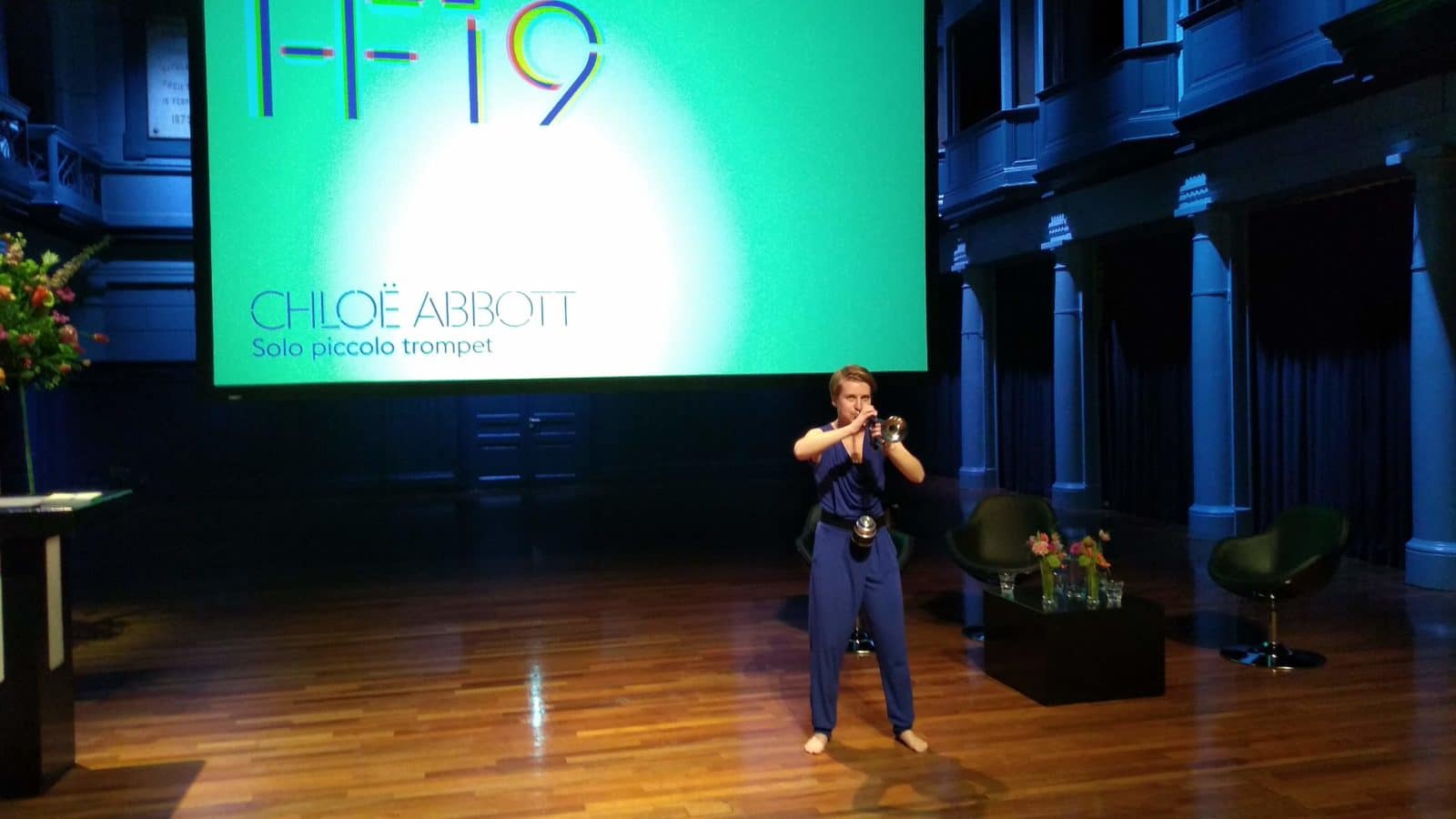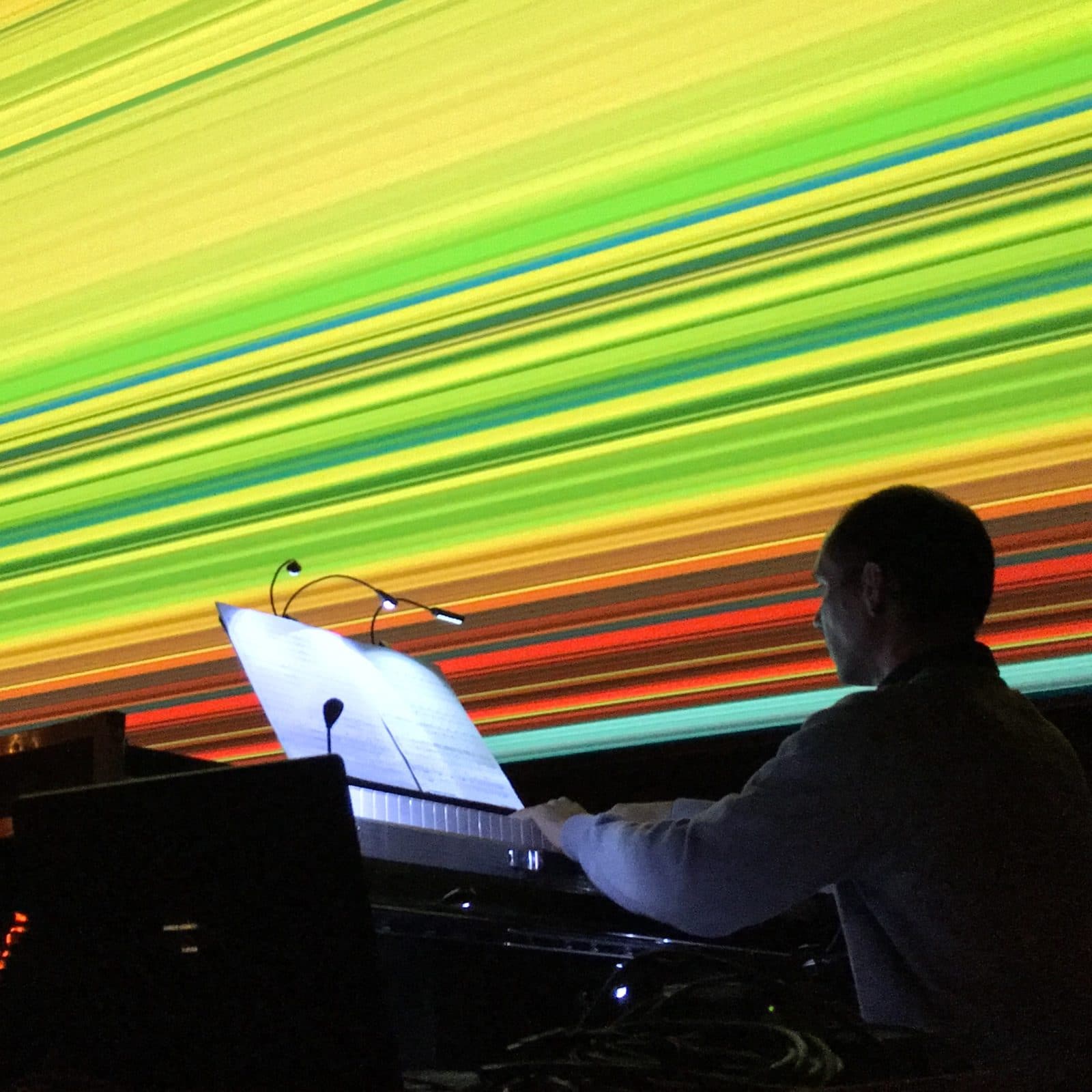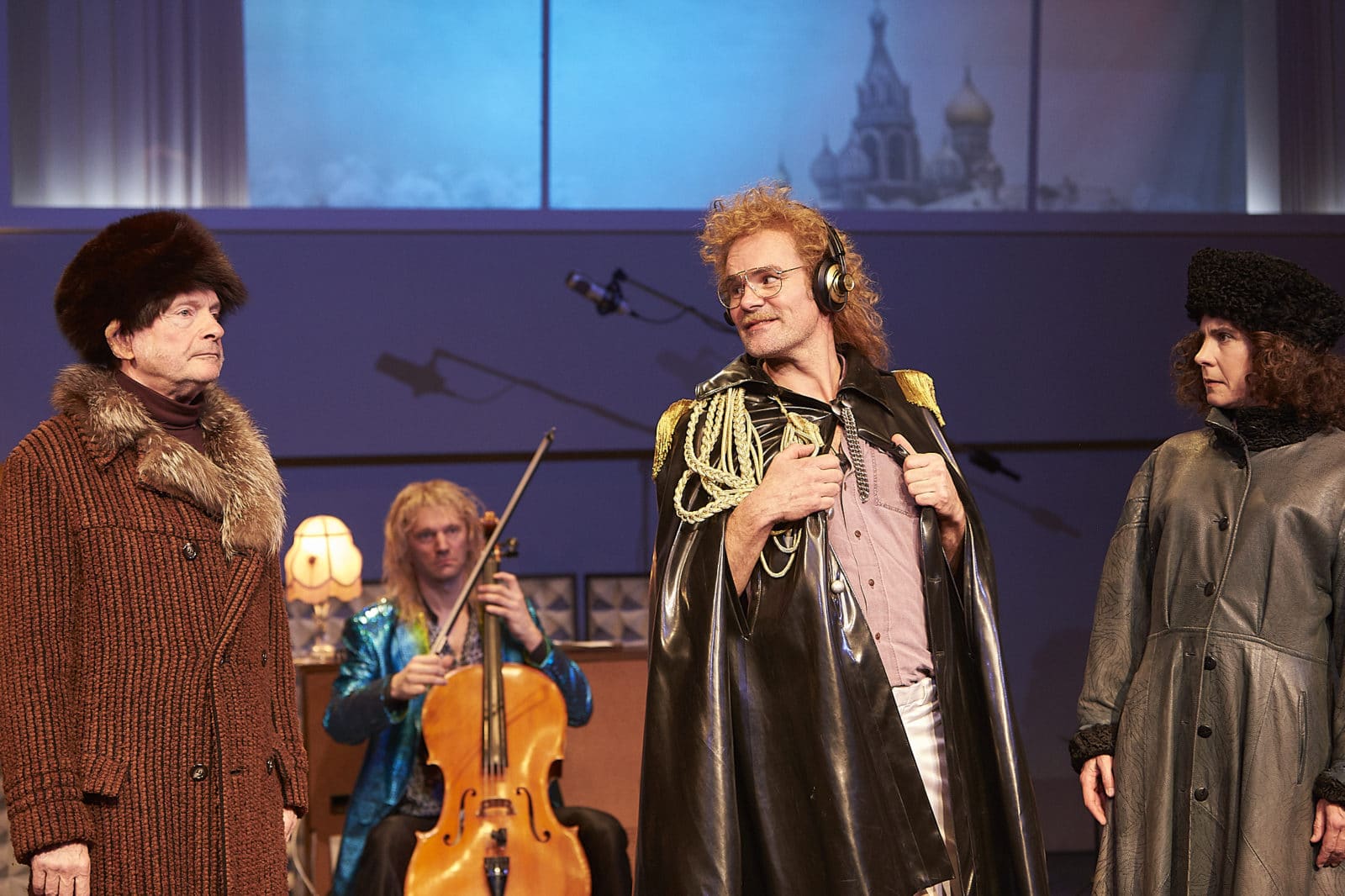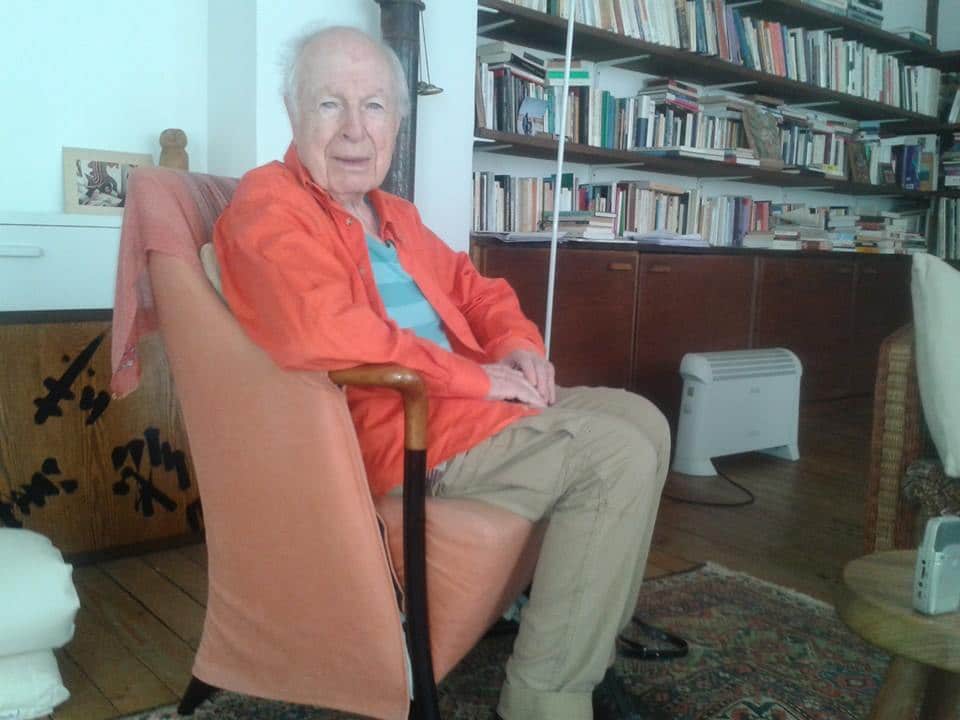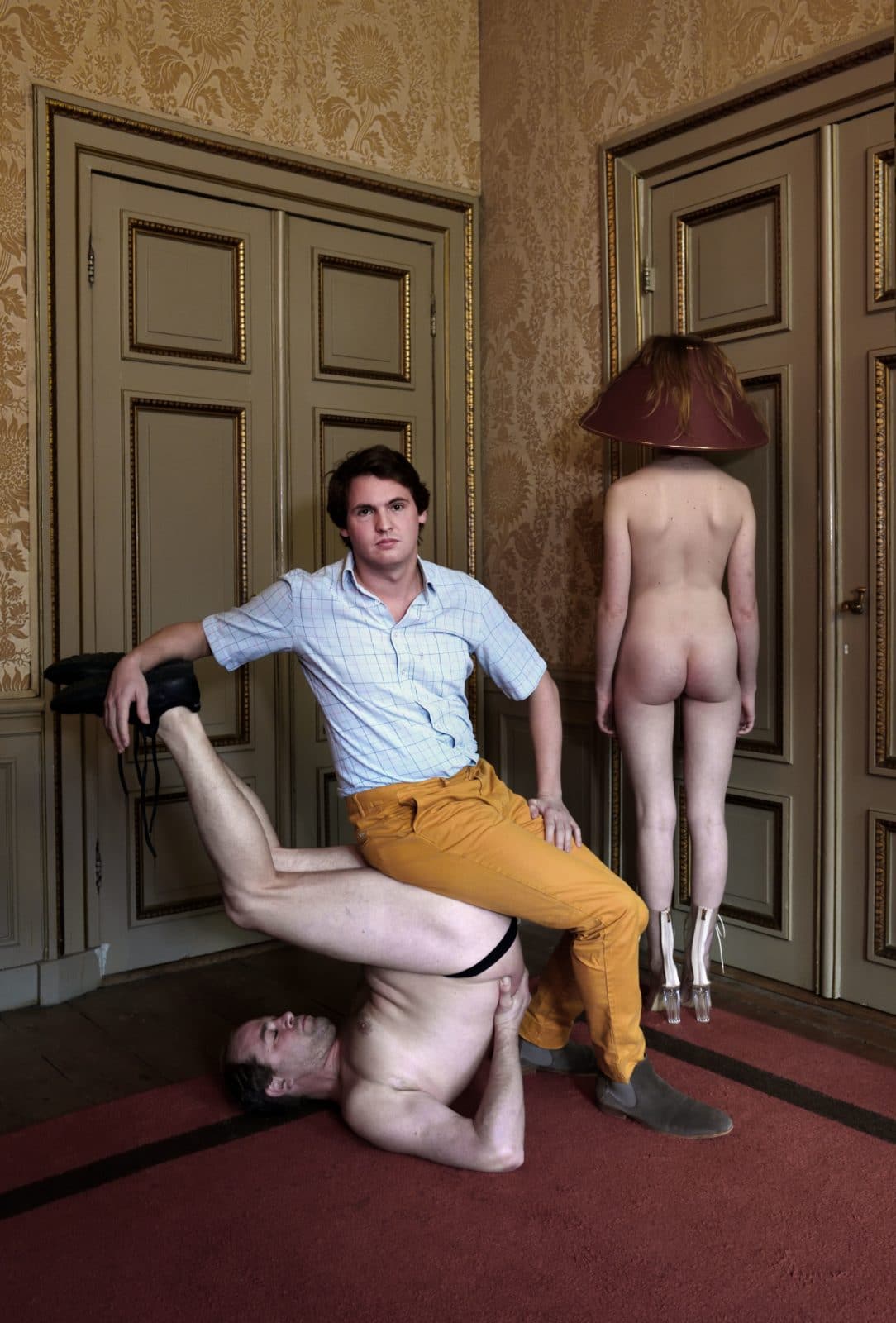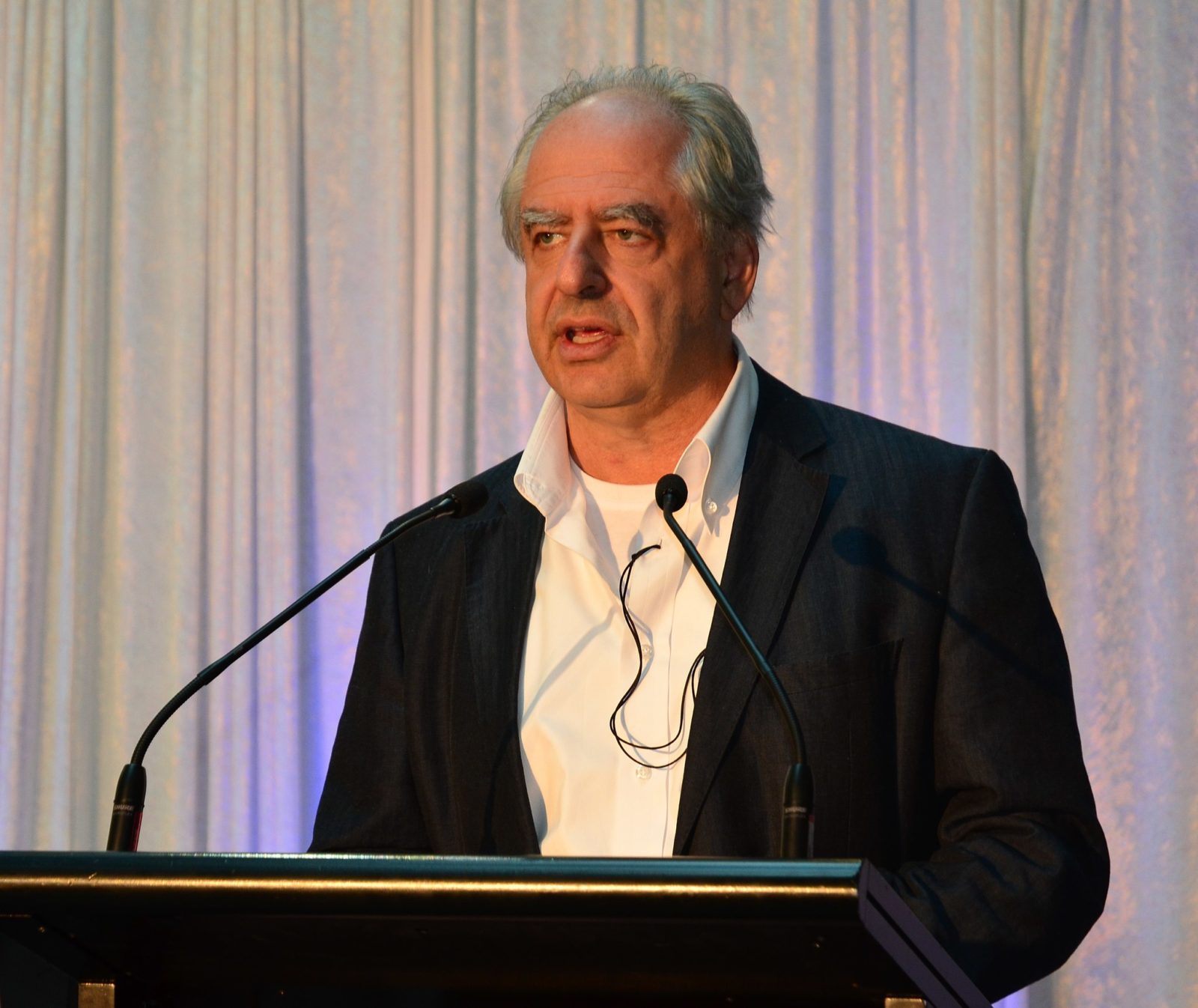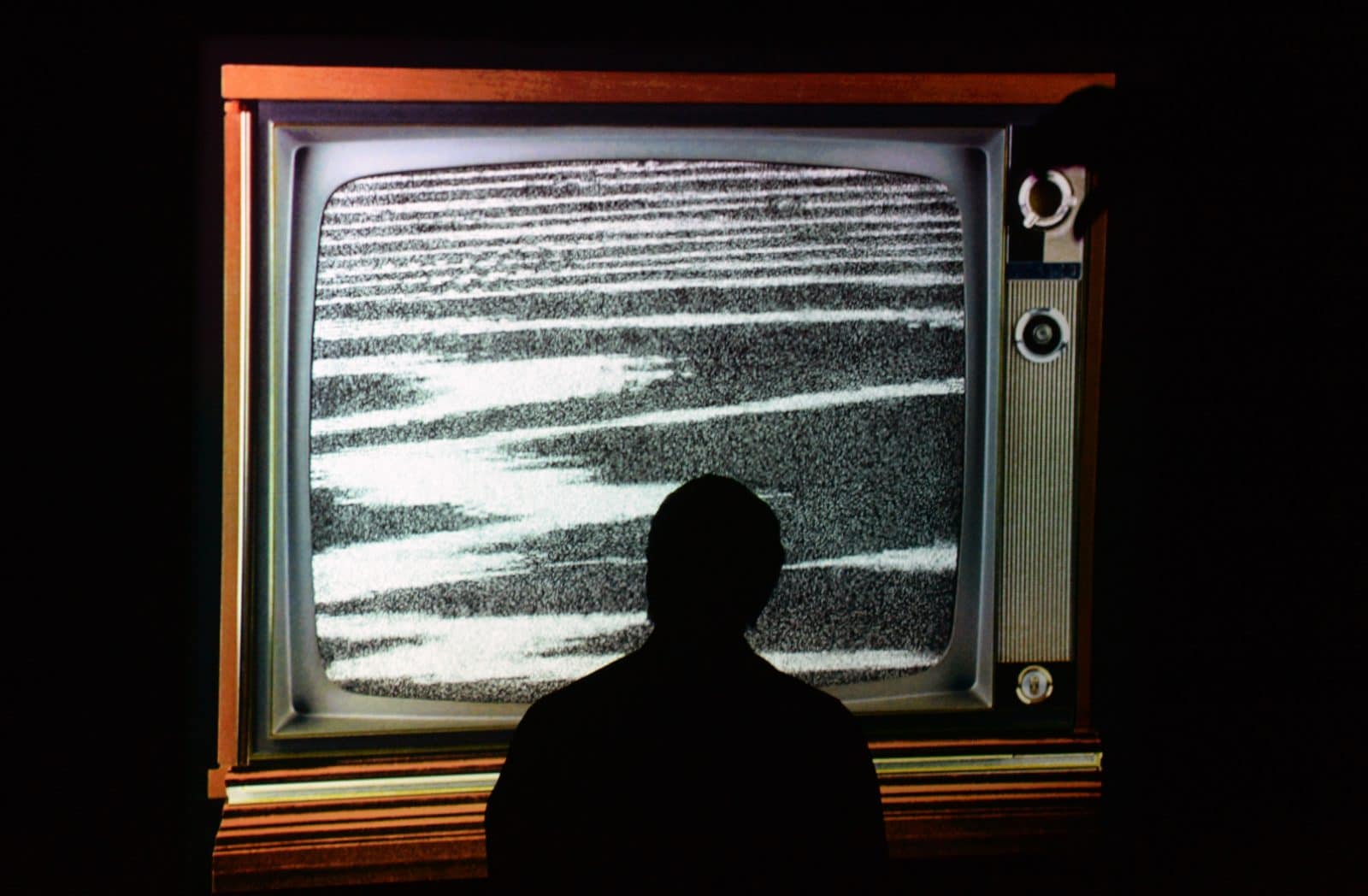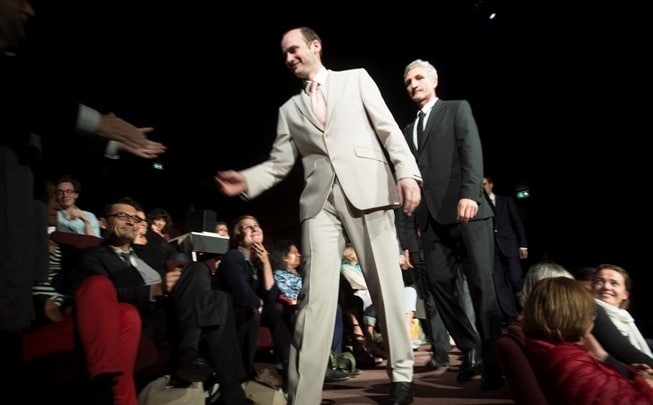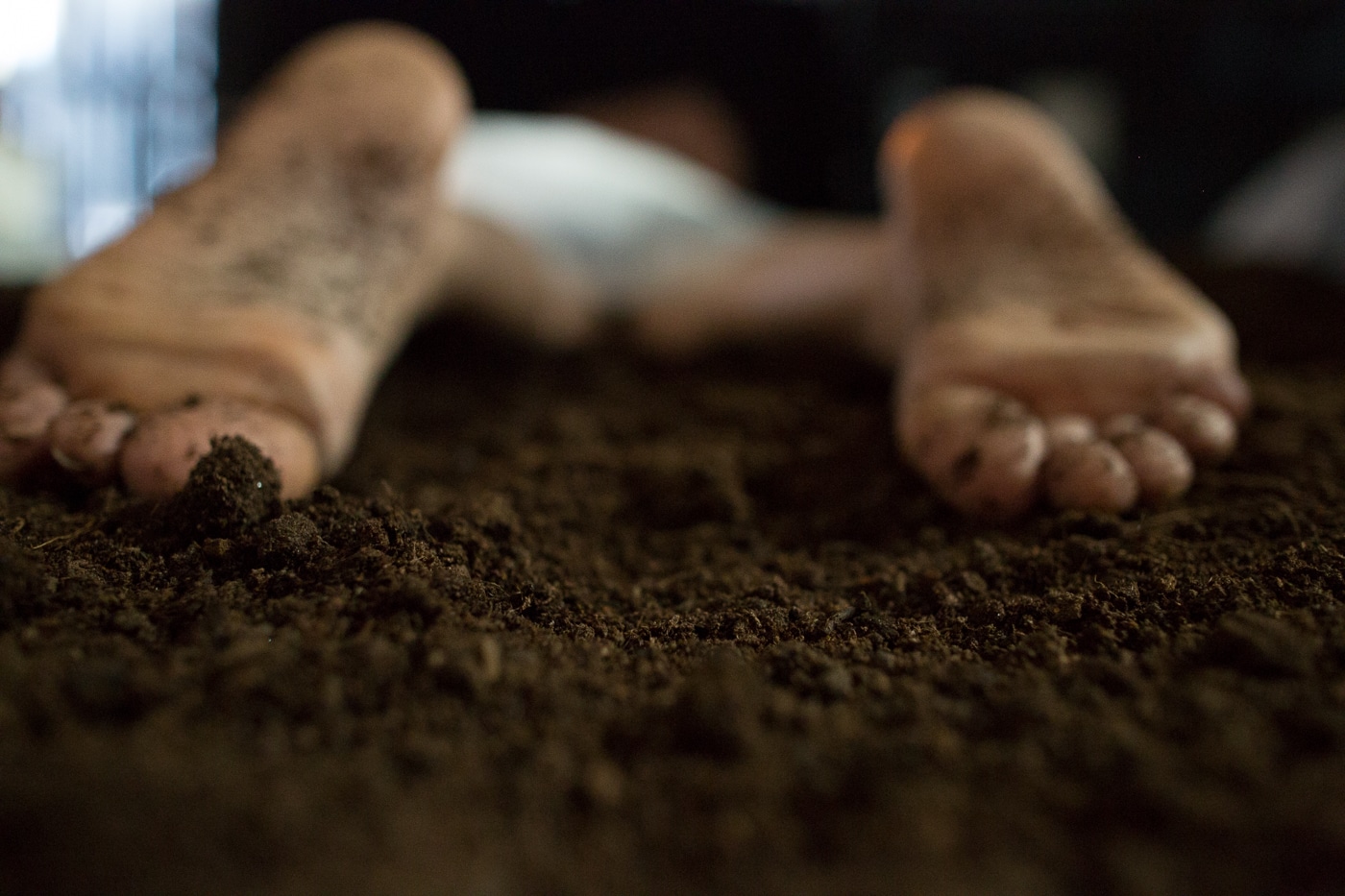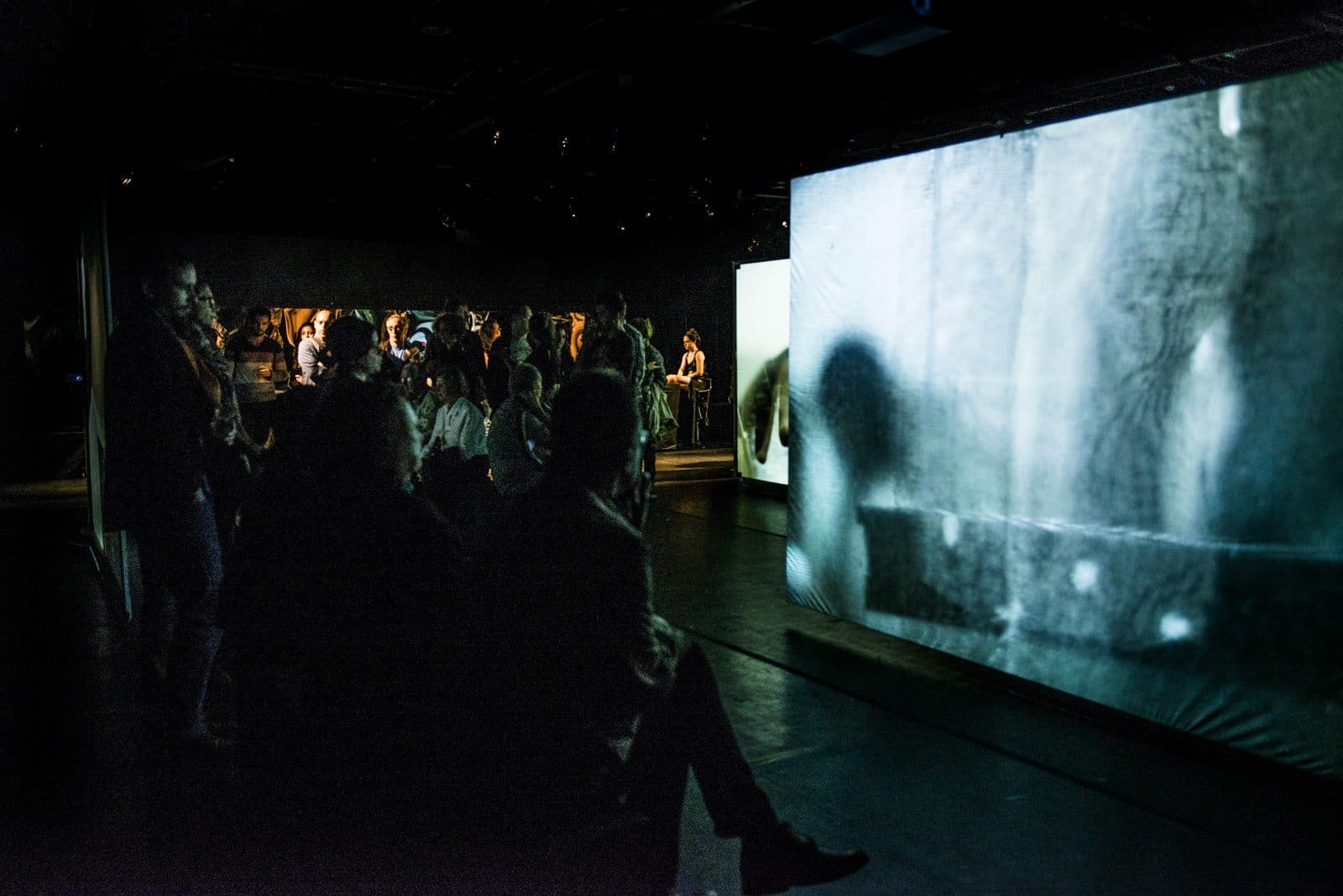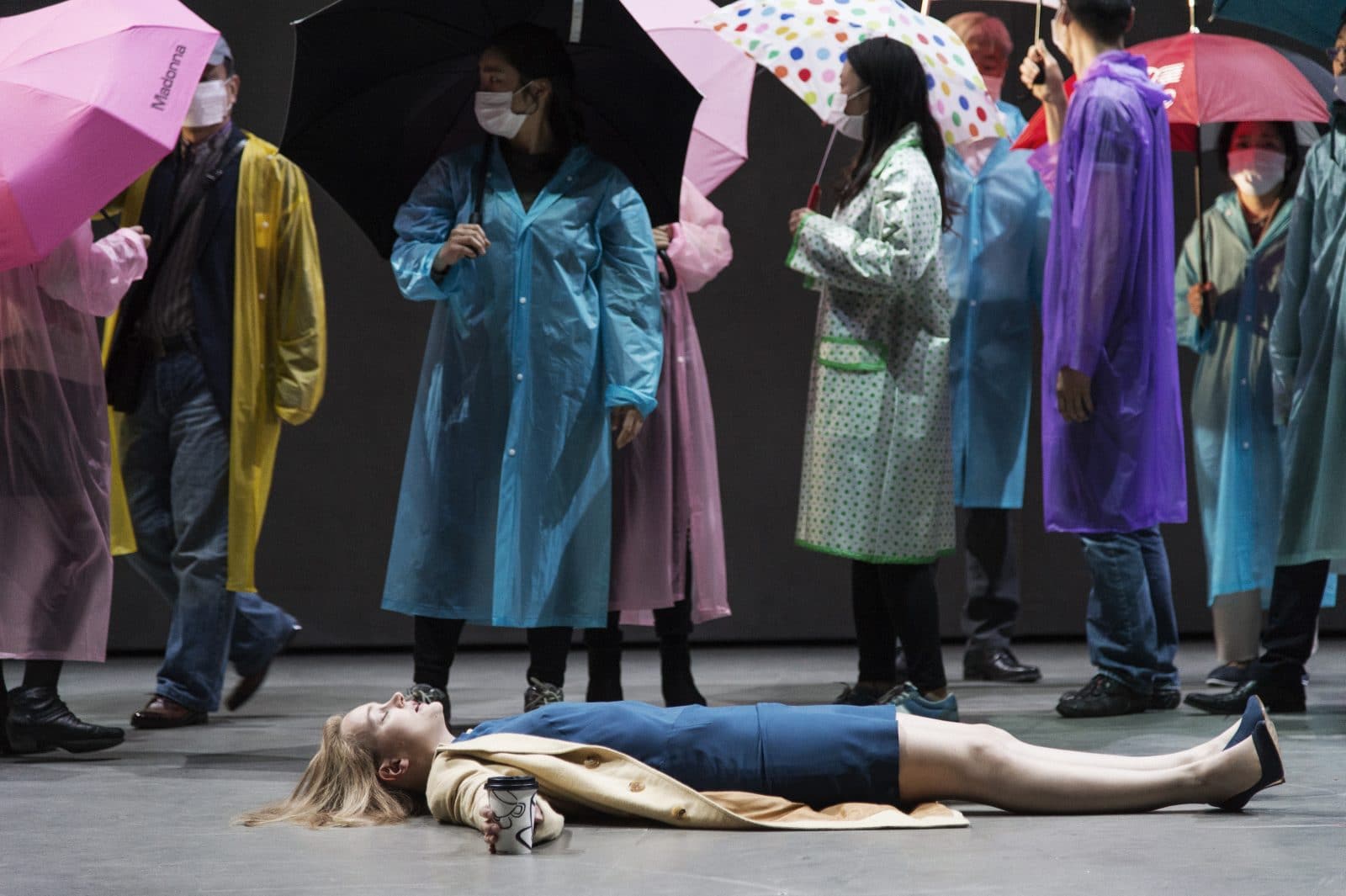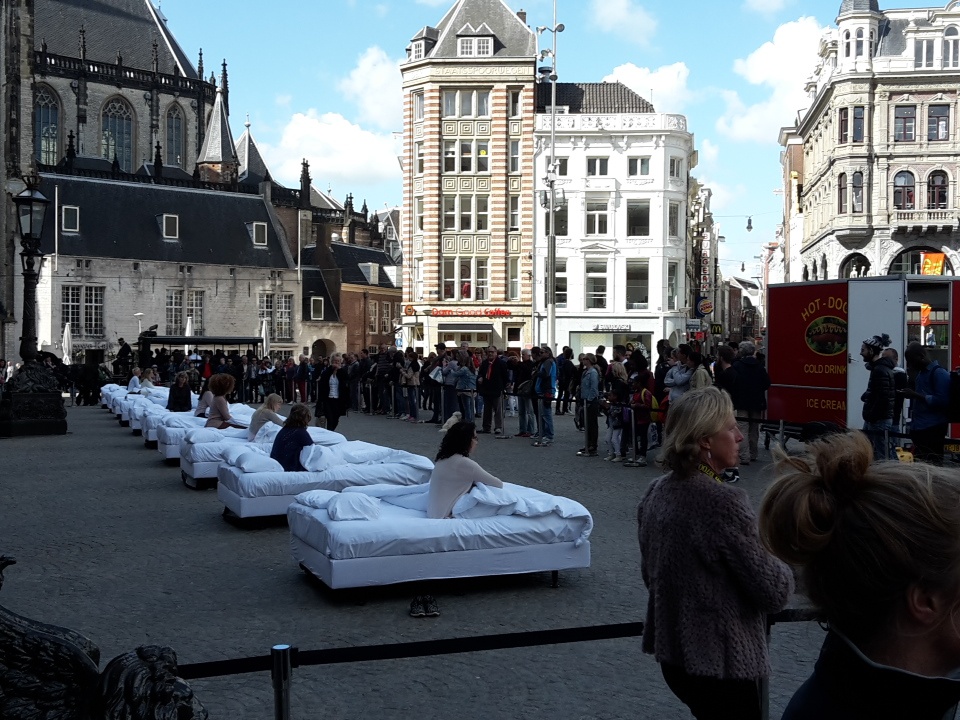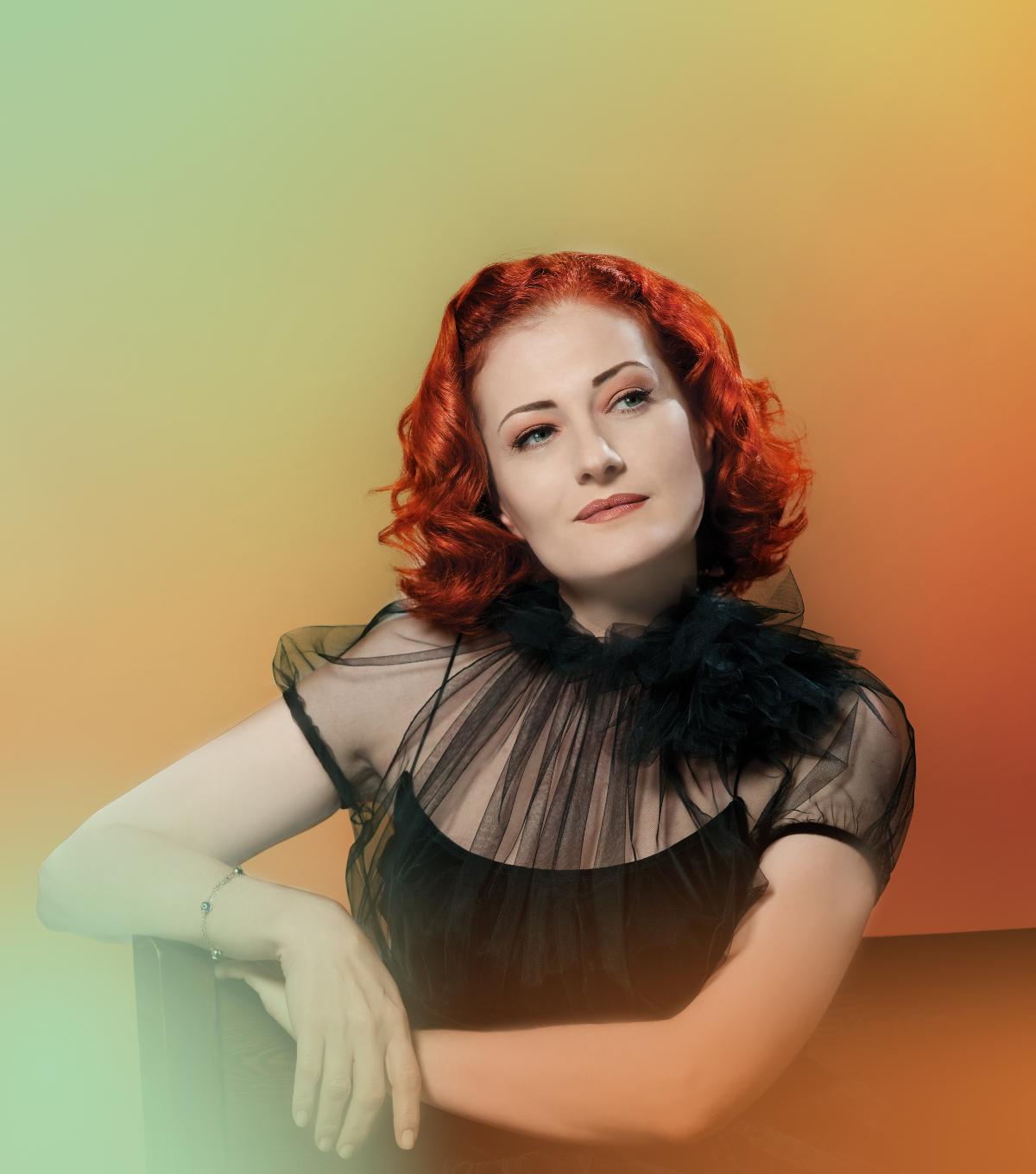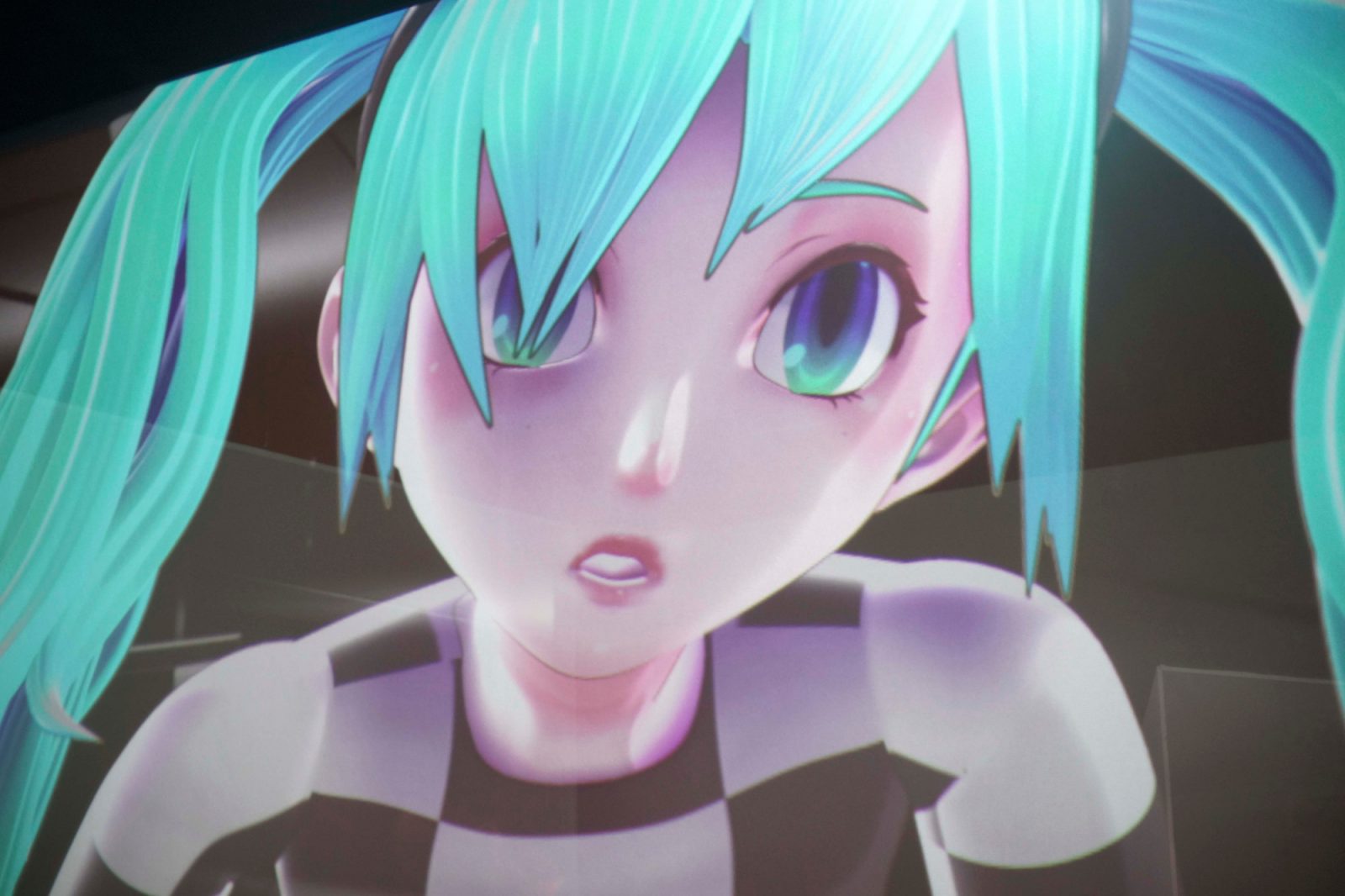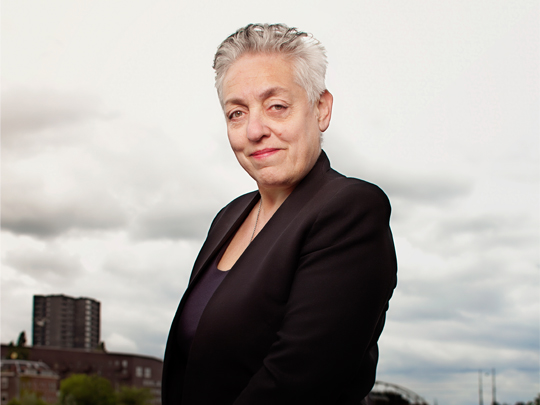'This regime also rules over you after you die. The regime steals your story. They use you to tell their own story. Relatives are forced to sign statements that the dead were killed by the opposition. The regime uses the dead to oppress the living.' Lebanese artist Tania El Khoury made a statement: Gardens Speak (Gardens Speak). An installation, an immersive[hints]definition: immersive, making you forget the real world around you[/hints] performance, in which the spectators themselves are actors. A performance that consists of a mountain of earth from which soft voices sound from beneath tombstones. That performance comes in June to Amsterdam, as one of the examples of the new Holland Festival programming by festival director Ruth MacKenzie.
The pile of earth in and on which the installation takes place represents the many thousands of anonymous backyard graves in Syria. At the beginning of the Syrian civil war, the struggle was still mainly between opponents of President Assad's dictatorship and his (secret) police. The first victims were often still just students taking part in peaceful demonstrations, handing out pamphlets, or attending the funeral of a friend. After all: bombing funerals was and is a proven method of murderous regimes and crime syndicates to eliminate insurgent networks.
Tania El Khoury heard of the Syrian alternative in 2013: the private burial in one's own backyard, or failing that, in an anonymous city park, with no headstone or memorial. Such an action is both an expression of fear and an act of resistance: these are deaths that the government can no longer abuse. 'The play was not originally intended for European audiences either. It was made in Lebanon and the text was also in Arabic. The last thing I thought about was the European audience. The idea was
